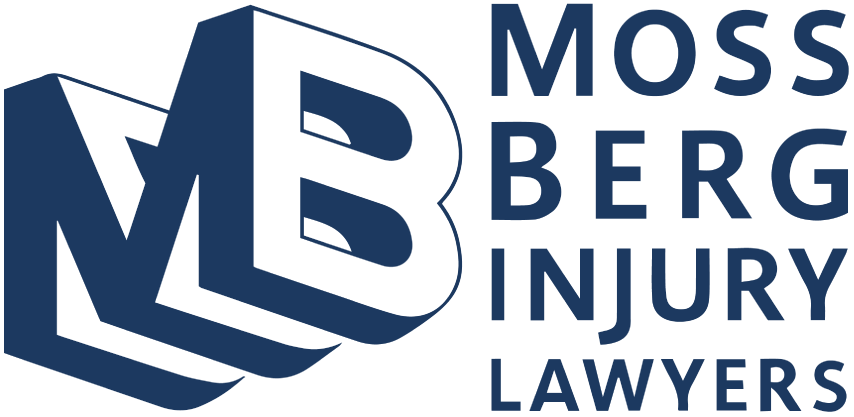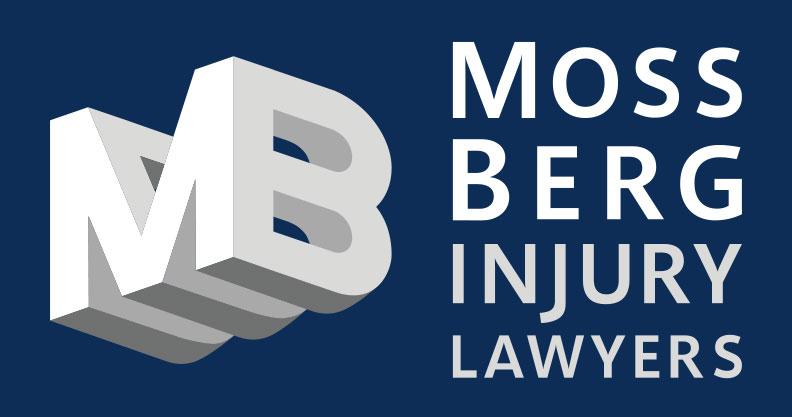by senditrising
Share
Share

A concussion can seriously damage one’s physical and mental capacities. It usually results from an intense hit to the head. While the effects are usually temporary, they make it difficult to do tasks that require concentration, rapid reflexes, and fine motor skills, such as driving. Knowing the effects of a concussion on driving becomes much more important in the busy city of Las Vegas, where the roads are frequently congested and move quickly.
Driving in Las Vegas demands constant attention and quick decision-making, which a concussion can severely impair. Typical driving might become risky due to symptoms including impaired vision, confusion, delayed reaction times, and dizziness, which affect not only the person with the concussion but also pedestrians.
What exactly is a concussion?
A concussion is a mild traumatic brain injury (TBI) that can impair a person’s brain function. While most people recover from concussions, and the symptoms of a moderate traumatic brain injury (TBI) are usually temporary, some individuals may experience lasting effects that include headaches, memory and attention problems, balance or coordination disorders, and other issues.
The most common causes of concussions include bumps or blows to the head, as well as any activity that causes the upper body to shake violently. Although a concussion can occur in a variety of circumstances, falls, sports, and auto accidents are the most frequent ways that people get mild traumatic brain injuries.
Can You Drive with a Concussion?
In general, it is not advised to drive after suffering a concussion. Common signs of a concussion include dizziness, anxiety, and difficulty concentrating, all of which may affect your ability to drive safely. Before going behind the wheel again, giving yourself time to recover and get some rest is crucial.
It may be essential to get medical help and follow a doctor’s orders before getting back for driving. When patients do not exhibit any concussion symptoms after 48 hours, they are usually considered recovered.
Safety and Legal Considerations for Driving Post-Concussion in Las Vegas

- Self-Evaluation Is Essential: Before you drive, honestly evaluate your symptoms. It’s dangerous to have side effects including slowed reaction times, particularly with Las Vegas’ busy traffic.
- Take a Progressive Approach to Driving: As confidence and skill grow, start with short drives in low-traffic regions and work up to increasingly challenging driving situations.
- Avoid Driving at Night: After a concussion, the bright lights and bustle of the city can be too much to handle, which raises the possibility of symptoms
- Seek Medical Advice: Before you start driving again, get permission from a healthcare professional based on the severity of your concussion.
- Keep Family and Friends Informed: Sharing your situation with them might assist in monitoring your recovery and providing support, such as alternative transportation choices.
- Use Alternative Transportation: Take advantage of the numerous ridesharing and public transportation choices available in Las Vegas. These safer options can help you in your recovery period.
- Be Aware of Fatigue: Excessive concentration from fatigue might affect one’s ability to drive; take the necessary steps by taking a break or choosing not to drive.
- Recognize DUI Laws: Driving when impaired by a concussion can result in DUI charges because impairment includes any drugs or circumstances that impair one’s ability to drive safely.
- Respect Your Reporting Obligations: The Nevada DMV requires reports of certain medical problems, such as concussions. Serious legal consequences may result from noncompliance, particularly if it causes an accident.
- Understand Liability Risks: If you drive while aware of having a concussion, you face the risk of being found accountable in the event of an accident, which might affect your insurance and legal standing.
- Consult Your Insurance: Failure to notify your insurer of your concussion may void your policy in the event of an accident.
Following these guidelines can help people deal with the challenges of concussion recovery while making sure they stay safe and in compliance with the law, particularly in a fast-paced environment like Las Vegas.
Evaluating Your Driving Capability after a Concussion

Assessing your driving skills after a concussion is essential to the healing process. Your ability to drive may be severely impacted by the common physical and mental impairments that occur after a concussion.
For example, poor judgment, decreased processing speed, and difficulties with balance and coordination are typical symptoms of a concussion that can interfere with driving. Consequently, it is advised to hold off on driving until at least 24 to 48 hours following a concussion and only after the first symptoms have disappeared.
Contact our Las Vegas Car Accident Attorneys

If you suffer legal uncertainty or need professional counsel in Las Vegas, Moss Berg Injury Lawyers is here to help. Our skilled staff is committed to providing you with compassionate and knowledgeable legal guidance, and we know the complexities of driving after a concussion.
Don’t go through it alone; let us provide the assistance and representation you deserve. To begin your journey towards mental peace, get in touch with us right now for a consultation.


